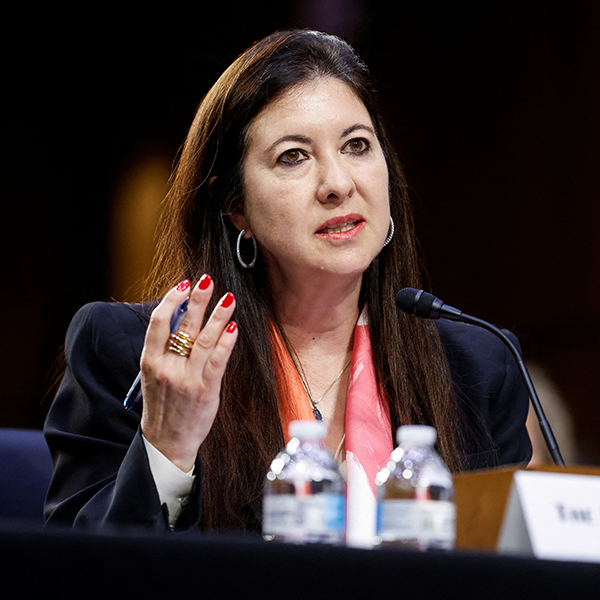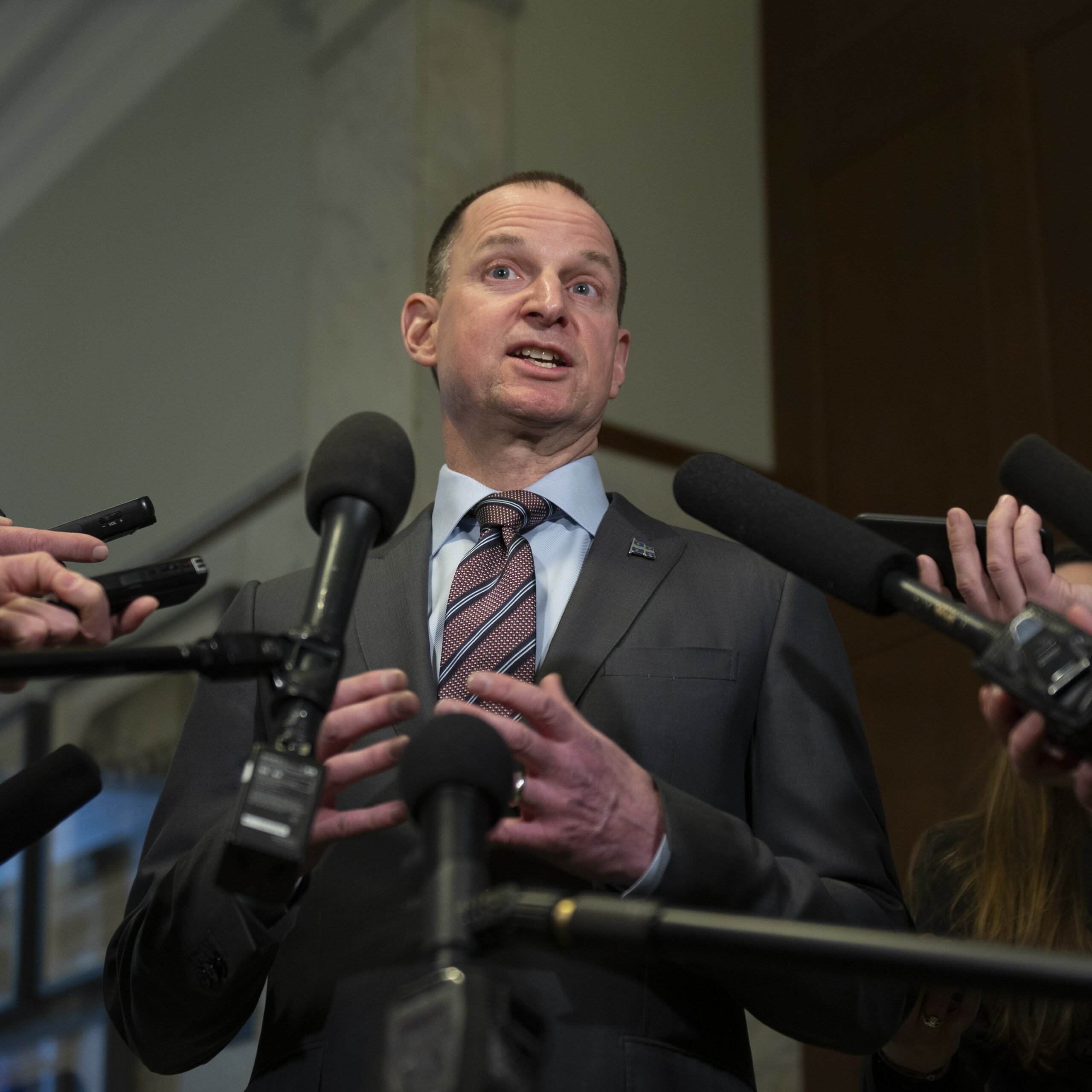It’s hard to believe that when she crossed the McGill stage at Convocation in May 2016, blockchain was barely on Kendra Alexia Hefti’s radar.
Since then she has helped build Deloitte Canada’s blockchain practice, and recently took on a global blockchain role. She now leads Deloitte’s tax technology practice in Dubai.
Her initiation to “blockchain” came a few months after she started working as an international tax lawyer at Deloitte, and was pulled in on a consulting project for a multinational mining company.
“A lot of the gold that we extract from the ground doesn’t get used,” explains Hefti, BCL/LLB’16. “Mining causes all sorts of environmental devastation, Indigenous land often gets destroyed, and public health is impacted, all for it to end up sitting in vaults.”
The mining company had contracted Deloitte to help them develop the concept of “tokenizing” unmined gold. The idea was to attach a right to the gold that existed in the ground and enable people to acquire that asset through a “token,” without ever extracting it. “That project blew my mind. It spoke to so many things that are important to me, and demonstrated how we can use technology to marry social, environmental and profit-making objectives,” Hefti says.
Following that project, you could find her at every blockchain meetup in Toronto. After months of collaboration with her peers in Deloitte’s offices around the world, she began laying the foundation for what would become the Canadian blockchain tax practice. Deloitte defines blockchain as basically a ledger of digital events that’s shared between many different parties – it contains a “certain and verifiable record of every single transaction ever made.”
Regulatory uncertainty around cryptocurrencies is one of the greatest challenges facing blockchain startups. When planning an Initial Coin Offering (or “ICO,” analogous to crowdfunding), guidance from tax and securities regulators is key.
“In the absence of guidelines, blockchain companies launched tokens, risking that regulators may find that their ICO had run afoul of securities legislation, possibly resulting in fines or even imprisonment,” Hefti says. “An ICO client’s greatest fear is ending up in prison.”
In the past year, blockchain legislation has been gaining ground, with new laws often disrupting projects at the last minute – only for the country to change course a month later. In the midst of this governmental about-turn, emerging markets are taking the lead as more progressive environments for ICOs and blockchain technology.
Social factors are also paving the way for faster technological adoption. Citizens of countries like Venezuela, with highly volatile currencies, are turning to cryptocurrencies as a more stable option. In Africa, “mobile money,” a payment service operated via a mobile device, has been around for over a decade as most people do not have a bank account. This makes the leap to a cryptocurrency much smaller than in credit-card reliant societies like Canada.
Blockchain startups often raise capital through an ICO. “I could issue an ‘Alexia Coin’ that people can buy with Bitcoin, and offer a discount to those using it to pay for my services,” Hefti explains. That coin would fall in the category of “utility tokens” in certain jurisdictions. Other categories would include asset-backed tokens (like tokens granting rights to unmined gold), and payment tokens like Bitcoin.
In preparation for the ICO, companies draft a white paper explaining their proposal, publish the “public key” of a wallet where users can transfer a cryptocurrency to acquire the token, code a smart contract for the token to be sent to the purchaser when they pay the set price, identify ICO advisers, and engage in a marketing push. In the first six months of her practice, Hefti’s startup clients each raised between $15 million and $50 million. Interest in blockchain and cryptocurrencies at Deloitte and globally exploded.
When not at the office, Hefti has dedicated her spare time to SavannahX, an African academy she co-founded. Hefti, former McGill Law classmate Amanda Wurah, BCL/LLB’17, and several Ugandan blockchain enthusiasts are developing a curriculum and setting up the academy to train software developers in various blockchain languages. They aim to create a blockchain ecosystem in Africa and employment opportunities for young Africans. As one of few women in the industry, Hefti is committed to ensuring that 50 per cent of the SavannahX-trained developers are women, and that they receive mentorship and skills to provide them the same opportunities as their male peers.
Use cases for blockchain are emerging at an exponential speed. In the Pacific Ocean, the World Wildlife Fund is using blockchain to stamp out illegal fishing and human rights abuses in the tuna industry. Agora is developing a blockchain to run free and fair elections globally.
While many projects are still in their early stages and have yet to show the full range of their potential, Hefti only sees one way forward: “As the technology progresses, we will see blockchain as the second wave of the Internet. Where Internet is the store of information, blockchain is the store of value. Any value, from information to a building or a currency, can be stored on a blockchain. One day – for our kids, or maybe our kids’ kids – it will be as unthinkable to go to a meetup to learn about blockchain as it is to go to an Internet meetup today.”
Watch Kendra Alexia Hefti talk about how she got involved in blockchain in this Deloitte Leadership Master Class video.
Hefti received last year’s Rising Star Award at the inaugural McGill Toronto Excellence Awards. Learn about this year’s winners or register for this special Toronto luncheon here.


